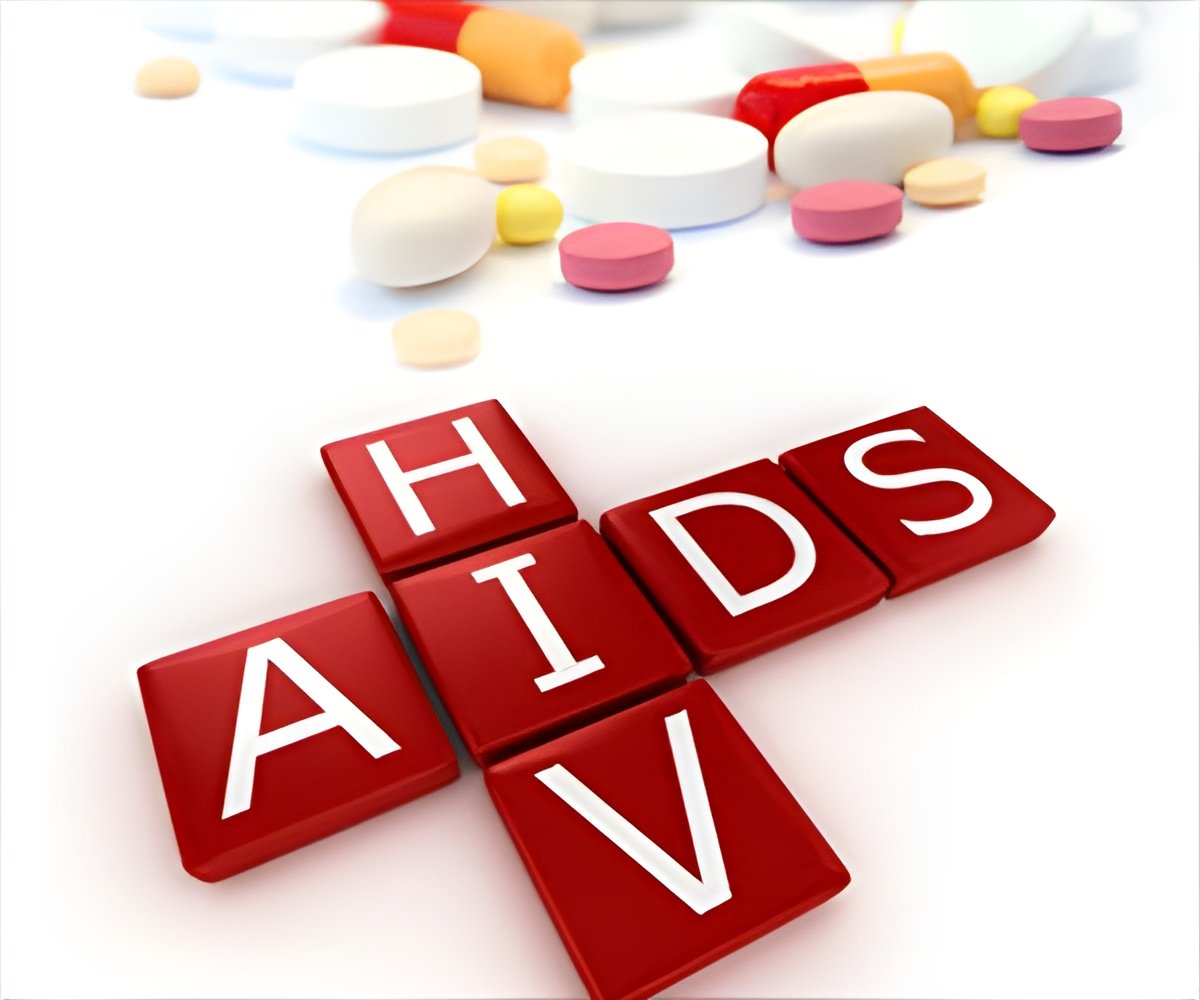Maraviroc, an oral drug used to treat HIV, alone may be less effective at preventing HIV infection than combination pre-exposure prophylaxis (PrEP) regimens.

‘An oral drug to prevent HIV Maraviroc, blocks HIV from entering cells and concentrates in the rectum and genital tract.’





A daily pill called Truvada containing the antiretroviral drugs tenofovir disoproxil fumarate (TDF) and emtricitabine currently is the only PrEP regimen approved by the Food and Drug Administration. TDF and emtricitabine interfere with viral replication after HIV has entered cells. Maraviroc blocks HIV from entering cells and concentrates in the rectum and genital tract. In the study, 406 MSM in the United States and Puerto Rico were randomly assigned to take either once-daily maraviroc alone, maraviroc plus TDF, maraviroc plus emtricitabine, or TDF and emtricitabine. Investigators found that the maraviroc-containing regimens were as safe and well-tolerated as TDF and emtricitabine. Five participants became infected with HIV during the study. These participants had low, variable or undetectable drug levels, likely indicating they were not consistently using PrEP.
The researchers also reported results from a substudy evaluating the impact of these PrEP regimens on colorectal tissue samples from 55 participants. Previous work in HIV-infected people had suggested that maraviroc may increase immune T-cell activation in rectal tissue, which potentially could increase susceptibility to HIV infection. However, the researchers did not observe increased T-cell activation in the samples.
Viral suppression experiments with tissue samples taken from study volunteers provided a preliminary indication that maraviroc alone may be less effective at preventing HIV infection than combination PrEP regimens. The HPTN 069/ACTG 5305 investigators also are assessing the safety and tolerability of maraviroc-containing regimens in women at risk of sexually acquiring HIV.
Source-Eurekalert














